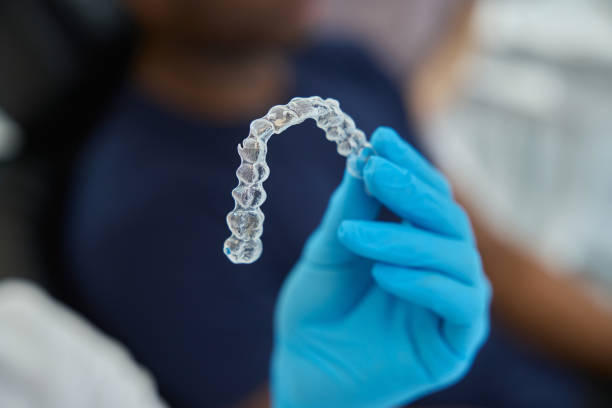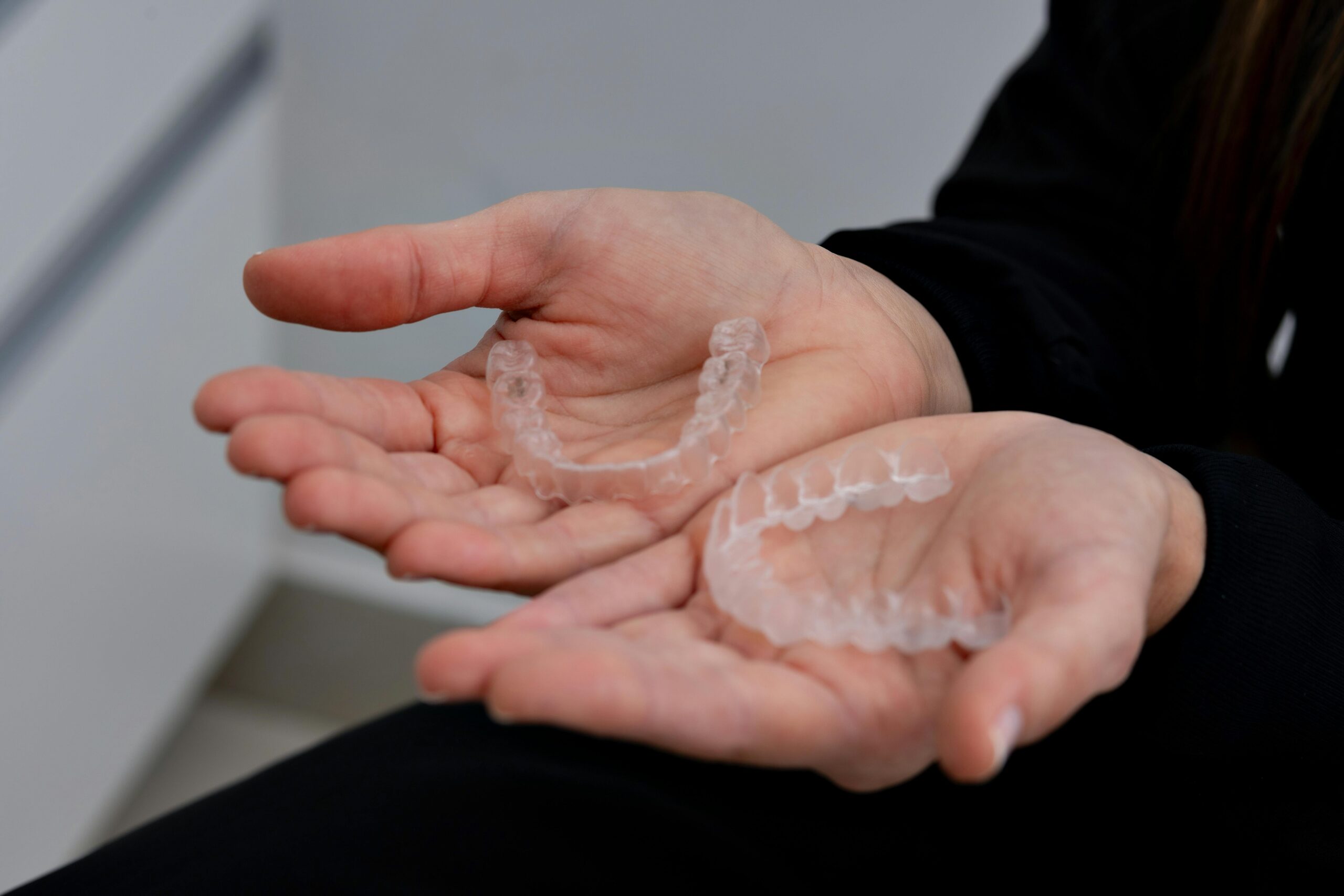Clear Teeth Aligners Clear teeth aligners have become a popular alternative to traditional braces, with the leading brand Invisalign standing out in …
How to prepare for dental implants?
Your dentist may have recommended you have a dental implant to replace your missing tooth but you may be wondering how to prepare for dental implants. As a patient, the information received before surgery can be overwhelming. This short blog aims to outline exactly what will happen on the day of your surgery and give some tips for how to appropriately prepare for the procedure. It will hopefully solve many of the common FAQs associated with dental implants.
Ps. Congratulations on taking the first step to a more confident smile!

What is a dental implant and how can I prepare for it?
A dental implant is an artificial tooth root that is secured into the jawbone. Dental implants provide the foundation for artificial teeth to be placed. They are typically made of metals such as titanium or zirconia and are a long-lasting and durable solution to teeth that are lost due to injury or disease. Once the metal implant is placed, there is a period of ‘osseointegration’, where the metal integrates and connects to the natural jawbone, allowing the implant to mimic the function of a natural tooth root.
Why has a dental implant been recommended?
A dental implant is recommended for lost or partially lost teeth. A dental implant will help restore the normal function of your mouth, including speaking and chewing, which may have been affected by losing your teeth. Moreover, dental implants can lead to marked improvements in subjectively determined aesthetic appearance and quality of life, particularly when compared to conventional dentures.
Are dental implants different to dentures?
YES! Dental implants are very different from dentures. Each comes with their own pro’s and con’s, summarised in our previous blog. In summary:
Dentures are a non-invasive option for tooth replacement, whereas dental implants involve a more permanent solution
Dentures are removable whereas dental implants are not
Dentures are typically more affordable than dental implants
Dentures are convenient, though they have limited chewing ability and you may struggle with loosening, slipping or discomfort
How can I prepare for dental implants?
1. Understand the procedure
We have summarised the procedure through this link. However, the most important factor in preparing for your dental implant surgery is to ask questions! You should speak with your oral surgeon about the procedure, recovery and expected results. Moreover, you should spend time researching dental implants, the different options available and the recovery. These topics are covered elsewhere in our dental blog.
2. Attend a comprehensive consultation
Prior to having an implant your dentist should schedule a detailed consultation that will include a specialised X-ray scan to help map out the anatomy of your mouth. This is known as a Cone-Beam CT scan. In this consultation your dentist will also ask you questions about your medical history and any medications you take. It is important you disclose all medical problems and medications you are using so the team can help plan your treatment safely.
3. Start establishing healthy practices for your oral health
A key factor in the success of your implant will be your oral hygiene. This does not have to wait until after the implant!
Some tips include:
Brush your teeth twice a day using fluoride toothpaste
Ensure you brush the edge of your gums lightly
Brush in small circular motions
Brush all sides of the tooth
Avoid smoking
Maintain a healthy diet
4. Pre-surgery preparation
Your dentist or oral surgeon will provide specific instructions to follow in the days leading up to your surgery. This might include medication management and reducing smoking.
Medication Management: You may need to adjust your current medications or take prescribed antibiotics to prevent infection.
No Smoking: If you smoke, try to quit or reduce smoking before the procedure, as smoking can interfere with healing.
5. Prepare for sedation
Some dentists offer intravenous sedation during your surgery. This is also known as ‘Twilight Sleep Sedation’, and allows you to relax fully throughout the surgery whilst remaining conscious. You will not be ‘put to sleep’ but you will be calm & relaxed throughout the surgery, and in most cases, you will have no memory of the surgery.
If you are having intravenous sedation, there is some preparation that is required. Your dentist should make this clear, however typically it involves:
You should not drive after sedation, so it is important you make arrangements to get home safely following the procedure.
You must bring a suitable escort to the procedure to take you home and look after you for the rest of the day
You may feel groggy and sleepy for up to 24 hours after surgery
6. Stay calm
It’s natural to feel a bit anxious before surgery, but keeping a positive mindset can help. Dental implants are a very common procedure, with high success rates.
Tips:
Relaxation Techniques: Practise deep breathing or meditation to help manage any pre-surgery nerves.
Support System: Talk to friends or family who have had dental implants for reassurance and support.
This blog walked through how to prepare for dental implants. Preparing for a dental implant is about more than just the day of surgery—it’s about setting yourself up for a successful, stress-free experience. By understanding the process, maintaining good oral health, and planning ahead, you can approach your procedure with confidence and look forward to a beautiful, lasting smile.
If you have any questions or need more personalised advice, don’t hesitate to reach out to your dental care team. They’re there to support you every step of the way.
What is Composite Bonding? A comprehensive guide for patients Composite bonding has become a very popular cosmetic treatment, particularly for those seeking …
Add Your Heading Text Here Invisalign Tips and Tricks Invisalign is a modern alternative to the traditional braces. It is what it …
Invisalign vs Braces In the realm of orthodontics and dentistry, a common dilemma for patients is choosing between Invisalign vs braces. Both …



